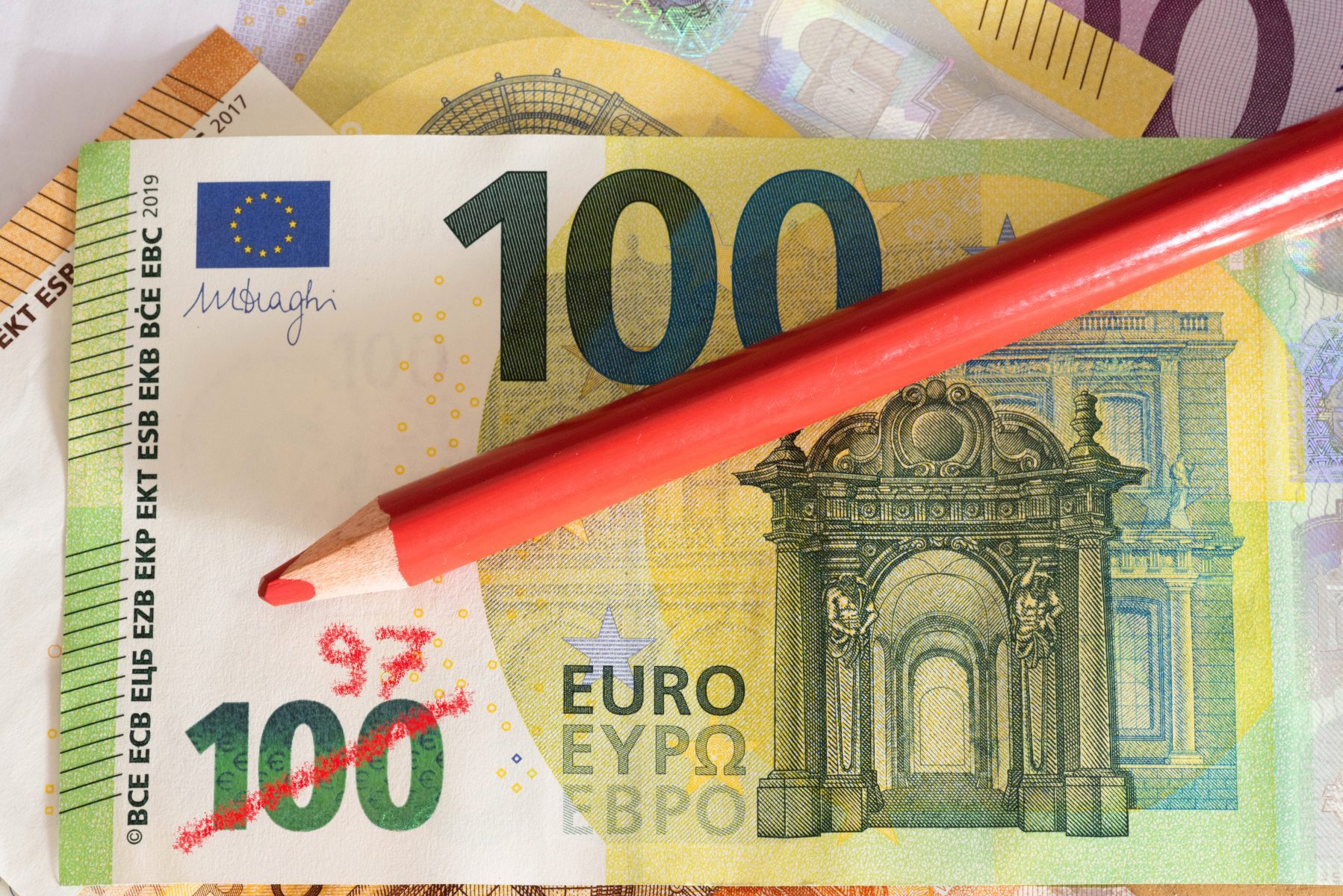This is a question I am asked almost daily, especially by those with cash on deposit in banks earning historically low levels of interest.
The problem
With inflation at elevated levels, the poor returns on offer by the banks are not just disappointing – they can be very damaging to the purchasing power of your money.
To illustrate just how damaging the effects of inflation can be, imagine we have a pot of £2m. If inflation is 2%, the pot would be worth £1,135,000 in 20 years’ time. With inflation at 5% over the same period, the pot is worth £717,000.
These levels of inflation might seem a distant concern, but the Bank of England expects inflation to reach 7% by spring 2022, and inflation remains at high levels across many developed countries.
What is the purpose of holding cash?
The main purpose of holding cash is for daily spending and as an emergency reserve that you can dip into at little or no notice. As such, there is not much else you can do but just accept the frustratingly low returns.
A financial planning rule of thumb is to hold at least 6 months of expenses in cash and this is in addition to any planned purchases. However, with the current uncertainty around Covid, there is an argument of increasing this to 12 months. Of course, this has to be determined on an individual basis but it is a good place to start planning.
For the cash that you do retain on deposit in the bank, give thought to:
- where it is held – avoid blacklisted jurisdictions where any interest might be taxed at a punitive rate
- level of protection – for example, the compensation scheme in Jersey, Guernsey and the Isle of Man is £55,000 compared with £85,000 in the UK and €100,000 in the EU. This is per person and per institution, so ensure you are spreading your cash amongst unconnected banks
- currency – if possible, try and match the currency of deposit with your expenditure to minimise currency conversion risk



